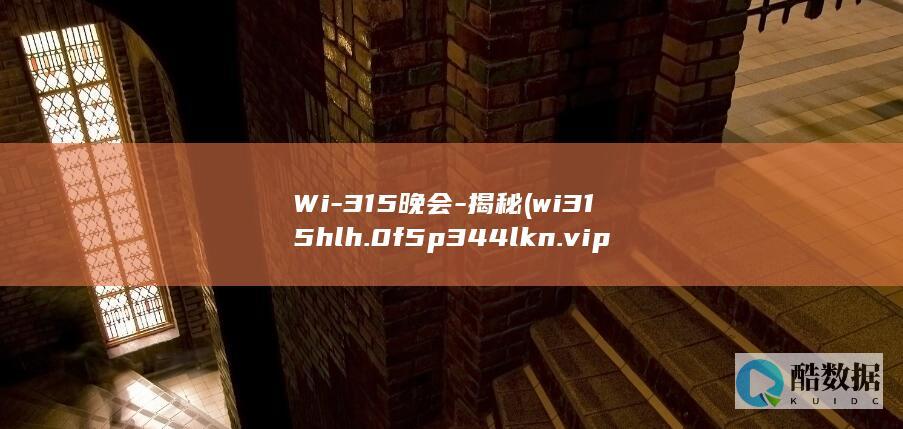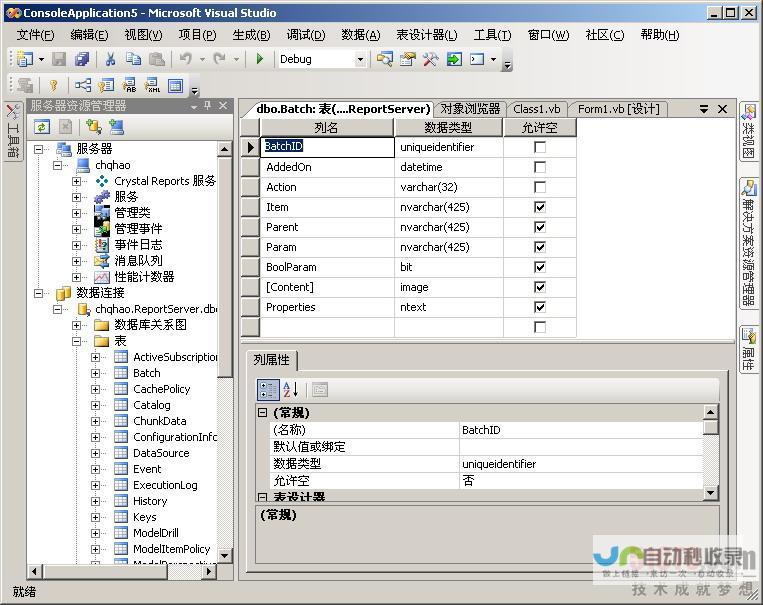Linux操作系统中的atoi函数是基于C语言的数学库函数,其作用是将字符串参数curptr转换为一个整数,并将其原始值返回。atoi是 ASCII to integer(ASCII转换整数)的简称,该函数用于字符串转换成整数。它的定义是:
int atoi(const char *curptr);
atoi函数以第一个非空字符开始扫描,然后跳过任何前置空格,直到符号或数字出现,它将从该位置开始读取数字,直到最后一个数字位或者空格结束,并把它转换成int类型。
对于atoi函数,如果传递的字符串有效,它将返回字符串参数curptr中第一个数字字符转换为int型所得的整数值,如果curptr不包含有效数字,它可能返回垃圾值。
下面是atoi函数的一个简单应用示例:
#include #includeint main() { char Str1[30] = "878"; int intValue; // Converting a String to Integer intValue = atoi(Str1); // Printing the integer value printf("The Integer value is: %d", intValue); return 0; }
在这个例子中,atoi函数将字符串Str1转换成了int类型的值878,并将其输出到屏幕上。
此外,atoi函数也可以用来将一组数字字符串(如字符串形式的整数列表)转换成整数列表:
#include#include// Function to convert a string to integer array int *atoiArray(char *str) { // Store the length of String int len = strlen(str); // AlloCate memory to store each integers int *arr = malloc(sizeof(int) * len); // Store each integer Target="_blank">FROM the String (string -> integer array) for (int i = 0; str[i] != '\0'; i++) arr[i] = (int)atoi(&str[i]); return arr; } // Driver code to test above function int main() { char Str[20] = "94787812345"; int *Arr; Arr = atoiArray(Str); // Print the obtained Integer array printf("Integer array is: "); for (int i = 0; Str[i] != '\0'; i++) printf("%d ", Arr[i]); return 0; }
在这个例子中,atoi函数将字符串94787812345转换成整数列表[9,4,7,8,7,8,1,2,3,4,5]。
因此,可以看出,atoi函数在Linux操作系统中有着重要的应用,它可以用来快速将字符串转换成int类型,也可以用于将一组数字字符串转换成整数列表,从而提供了许多方便的功能。
香港服务器首选树叶云,2H2G首月10元开通。树叶云(shuyeidc.com)提供简单好用,价格厚道的香港/美国云 服务器 和独立服务器。IDC+ISP+ICP资质。ARIN和APNIC会员。成熟技术团队15年行业经验。
C语言中atoi函数的作用及实例
atoi就把du字符串zhi 转化为dao数字。内#include
SOCKET编程
#include
C语言库函数stdlib.h里面都包含什么
1 字符串转换double atof (const char*);int atoi (const char*);long atol (const char*);double strtod (const char*, char**);long strtol (const char*, char**, int);unsigned long strtoul (const char*, char**, int);
2 随机数常量#define RAND_MAX 0x7FFF rand的最大返回值函数void srand (unsigned int); 置随机数发生器(种子)int rand (void); 返回下一个伪随机数3 内存管理常量#define NULL ((void *)0) 空指针函数void* calloc (size_t, size_t); 分配内存, 并清零void* malloc (size_t); 分配内存void* realloc (void*, size_t); 重新分配内存, 返回新指针void free (void*); 释放内存4 与环境的接口常量#define EXIT_SUCCESS 0#define EXIT_FAILURE 1函数void abort (void);void exit (int);int atexit (void (*)(void));

int system (const char*);char* getenv (const char*);5 查找与排序void* bsearch (const void*, const void*, size_t, size_t,int (*)(const void*, const void*));void qsort (const void*, size_t, size_t,int (*)(const void*, const void*));6 整数运算结构typedef struct { int quot, rem; } div_t;typedef struct { long quot, rem; } ldiv_t;函数int abs (int);long labs (long);div_t div (int, int);ldiv_t ldiv (long, long);7 多字节字符常量MB_CUR_MAX 多字节字符中的最大字节数函数size_t wcstombs (char*, const wchar_t*, size_t);int wctomb (char*, wchar_t);int mblen (const char*, size_t);size_t mbstowcs (wchar_t*, const char*, size_t);int mbtowc (wchar_t*, const char*, size_t);















发表评论